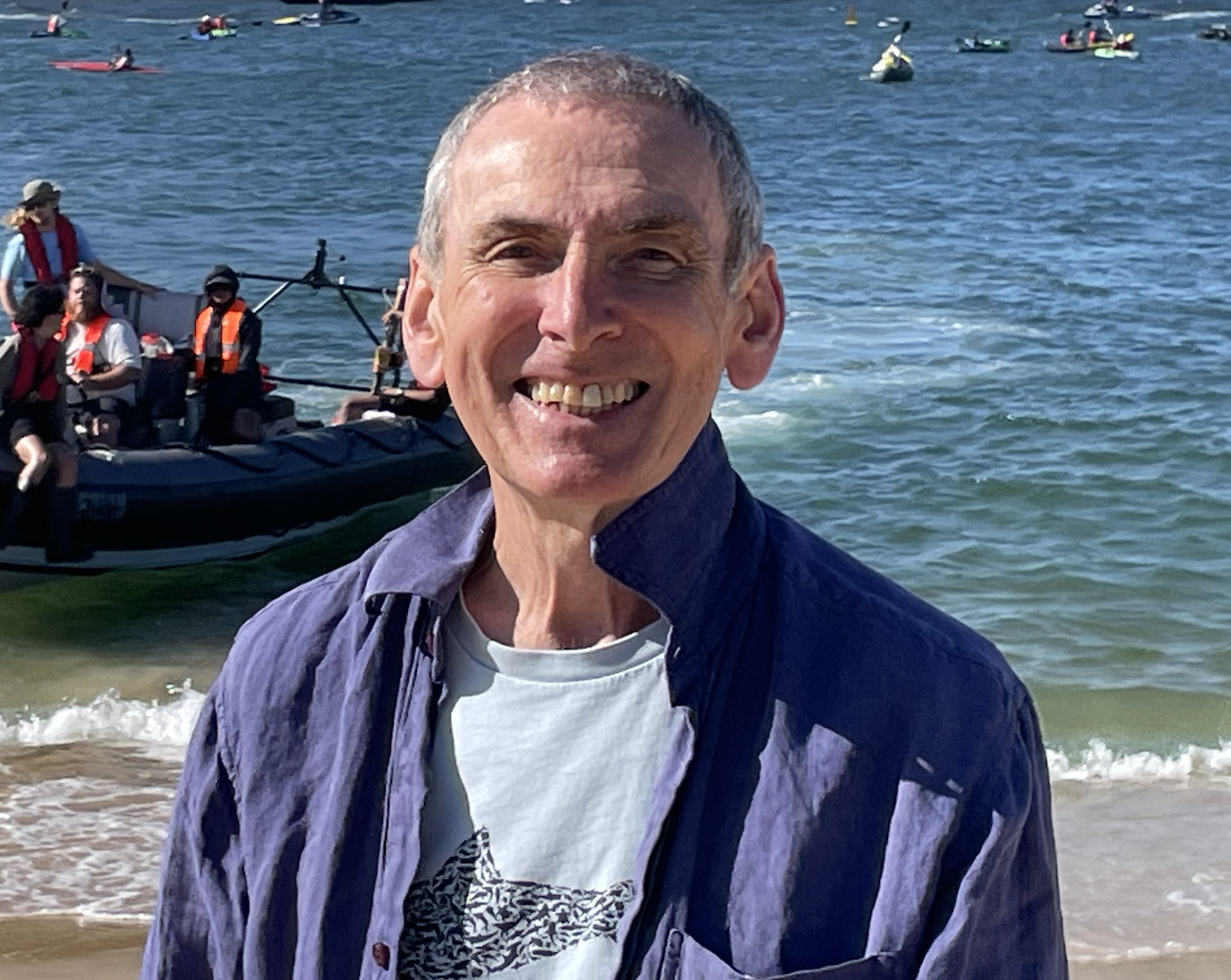PETER SAINSBURY. Corona-myths: shifting the blame to preserve privilege. Part 2 of 2.
April 16, 2020
In Part 1 I explored seven myths about coronavirus that are being used to obscure the truth, shift responsibility and perpetuate existing power and privilege. In Part 2 I examine the failure over the last twenty years of governments and corporations to fulfil their risk management responsibilities to prevent and prepare for a viral pandemic. We need a new breed of managers if we want the post-COVID world to tackle the serious problems besetting humanity in the 21st century.
Government ministers, heads of government departments, vice chancellors of universities, and board chairs and CEOs of airlines, tourism companies, sporting codes, retailers, financial institutions and mining companies etc. (and their board members and senior managers responsible for risk management) have wilfully or negligently maintained their ignorance of the risks of, and associated with, a viral pandemic for 20 years. They are collectively guilty of gross incompetence. I am not referring here only to the incumbents but also their predecessors. It would not have taken much for them to prepare for the current situation.
First, listen to the virologists and public health experts and understand what the science indicated about the likelihood of a pandemic. At the very least, listen to Bill Gates.
Second, consider, model and game what would happen to normal daily activities and their own businesses when a pandemic struck and: all non-infected residents were confined to their homes for all except essential activities; people who had been in contact with a known case of the disease were required to self-isolate at home for 14 days; people with the disease were required to go into home quarantine, avoiding close contact with everyone; all unnecessary local travel was banned; inter-state travel was all-but completely banned; countries closed their borders to non-residents; most shops, schools and universities, offices, factories, cinemas and theatres, parks and beaches were closed; restaurants and cafes were restricted to providing take away refreshments; staff who had to work worked from home wherever feasible; people in public places were required to restrict groups to two people from the same household and keep at least two metres from all others; etc. etc.
The more consequential sequelae of these measures would not have been difficult to predict and, while some countries and organisations may have done their homework and prepared, it is not obvious that most government officials and senior executives have given it any consideration whatsoever. The writing was on the wall but they mostly failed to fulfil their risk management responsibilities. The incompetence of governments, board members and managers is now plain for all to see. Perhaps their focus was on short term profits and election cycles. Perhaps they hoped that any pandemic would happen on their successors watch. I would not have expected owners of small shops or tradies to do the necessary risk analysis and planning (although you might have expected their professional associations to have done it for them) but I have no sympathy whatsoever for the executives of airlines, universities, sporting codes, etc. who failed to attend to their well remunerated responsibilities.
One of the consequences of the domestic, national and global disruptions caused by coronavirus is the profusion of articles, including in Pearls & Irritations, discussing the implications of the pandemic and our responses to it for the post-COVID-19 world: for instance for national and international actions to tackle climate change, for the economy, for neoliberalism, for small government, for social relations, etc. On the one hand, we have people wanting to get back to normal, to pre-COVID arrangements, as soon as possible - a bit like after the first world war. On the other hand, we have people saying that we cannot go back to a pre-COVID life, that the world will never be the same again, that we need to develop new ways of working in the interpersonal, occupational, international and environmental spheres of life - a bit like after the second world war.
I dont know what the world will be like in one or five years time. But I do know that the most important issue is for citizens to be active in shaping that world. This is not the time for quiet Australians. It is not the time to swallow the myths, sit back, trust Scotty (or Albo) and see what happens. The coronavirus pandemic creates an opportunity for citizens to shape the future, should they wish to grasp it. And if they do, the time to act is now. If we wait for the storm to pass, it will be too late. People with easy access to government the one who have let us down over the last 20 years - are already trying to shape the post-COVID world to their advantage.
We can be certain that the vast majority of the current crop of corporate executives and their political puppets will still be around in the immediate post-COVID period. They are not going to surrender their wealth, privileges and power without a very determined fight. As others have said before, power is never given away, it has to be taken. Talk of governing for people not the economy, prosperity not growth, a Green New Deal, investing to accelerate the transition to environmental sustainability, intra- and inter-nationally equity, the death of neoliberalism, a return to big government, a well-resourced public service, universal basic incomes, wealthy individuals and corporations paying their fair share of taxes, etc, etc, are all just pie in the sky unless citizens demand them and elect politicians who will make the necessary changes. We need to stop electing politicians whom we then have to persuade and implore to accommodate our values and goals. I do not wish to suggest that governments pull all the strings but if we want them to pull the right strings we must elect politicians who share our values and goals in the first place. Democratic reforms will, of course, be needed to deliver this, but thats for another day.
But active citizens and a grand plans for the post-COVID world are not enough. Society has to be able to make the vision become a reality. For that we need a new cohort of managers and politicians. People who not only share the vision but also have the ability to manage our public and private institutions to make it happen. Executives who want to work with an active civil society, not against it. It is obvious from the COVID experience that, despite their generous remuneration packages, most of the current crop of executives have neither the vision nor the ability. They were senior executives for the late 20th century, not the 21st.
They were executives for the exclusionary, discriminatory, exploitative, plundering, selfish, greedy, short-sighted values of neo-liberalism. We need executives skilled at the complex systems thinking that will be required to tackle the interlinked problems of pandemics, climate change, loss of biodiversity, world poverty, social and health inequalities, monopoly capitalism, widespread corruption, nationalism and fascism, etc. Citizens must push a broom through the upper echelons of government, public institutions and private corporations if we want a democratic, environmentally sustainable, equitable, peaceful world. Now is not the time for passivity.
Peter Sainsbury is a retired public health worker, lapsed sociologist and lifelong socialist.

